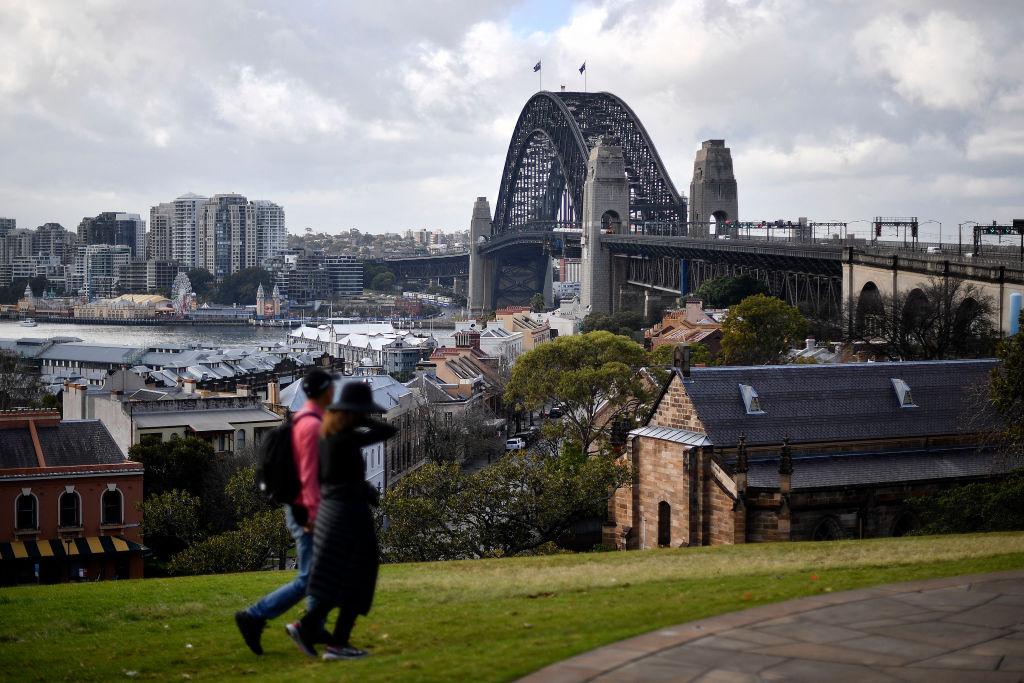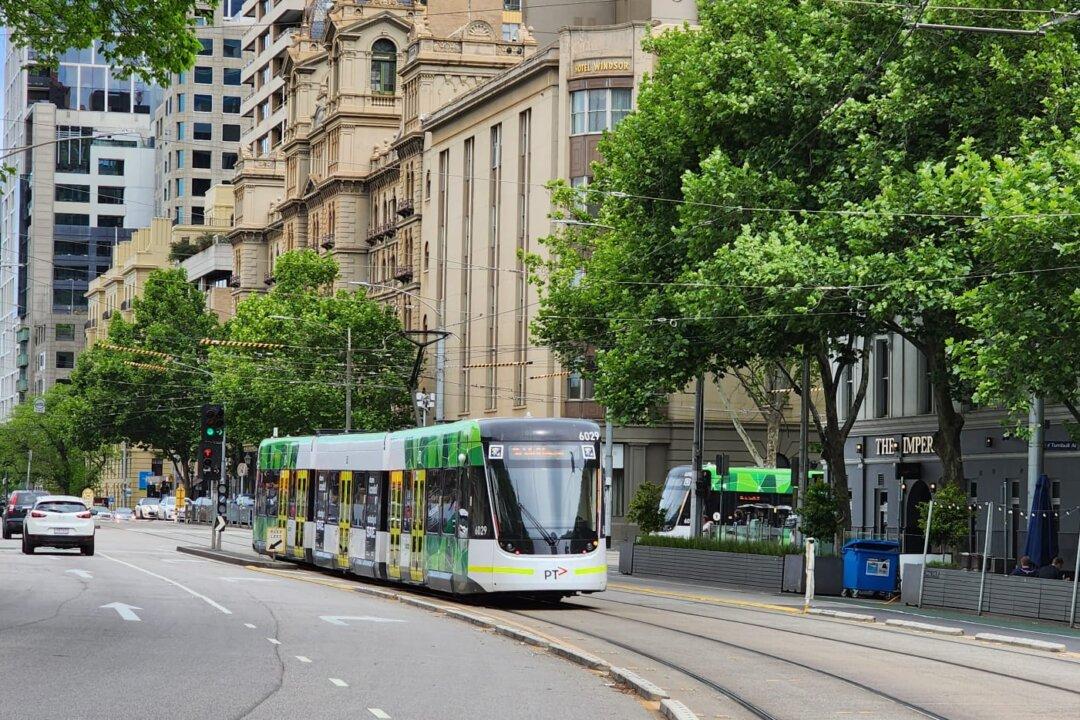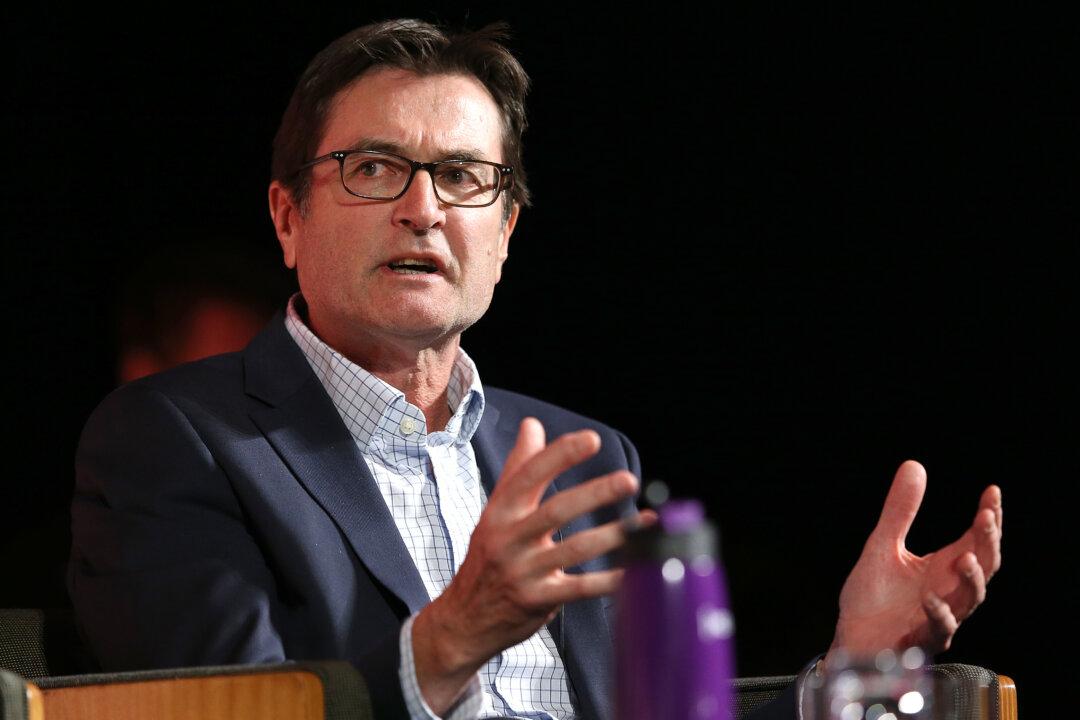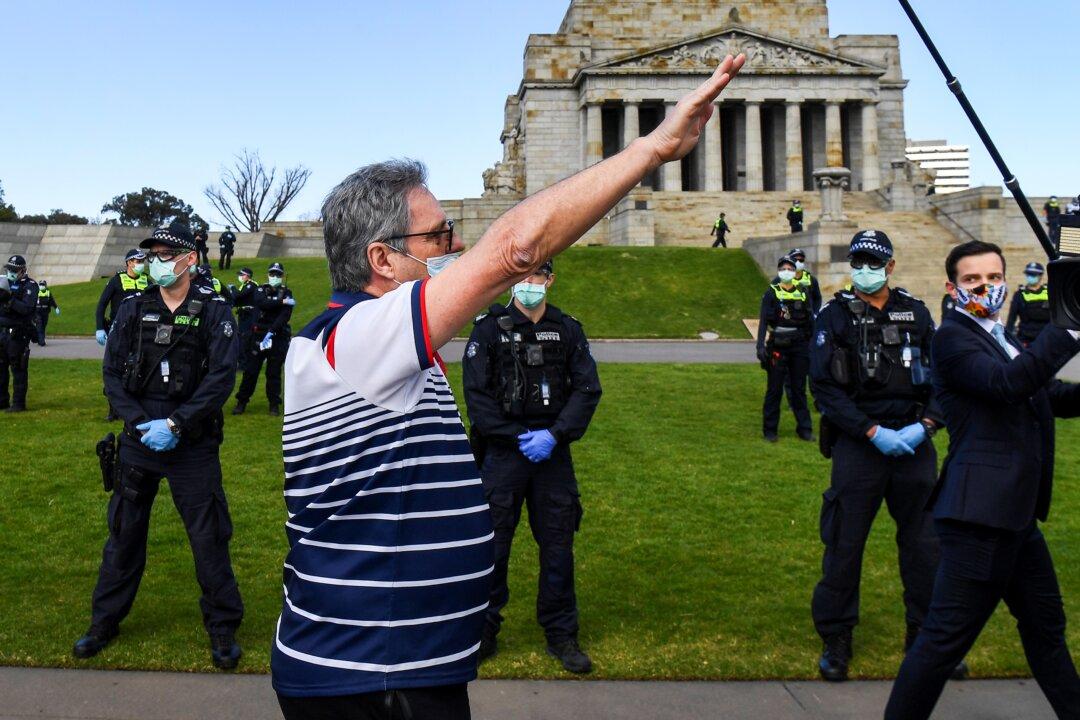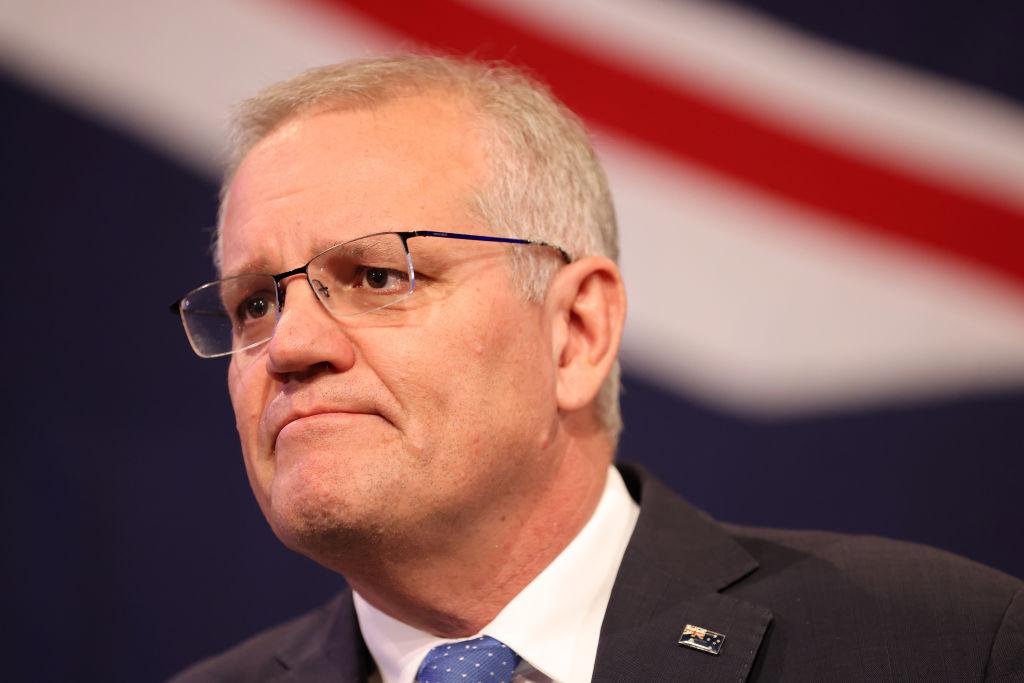A council has rejected an Aboriginal land claim over one of the wealthiest parts of Sydney.
The Metropolitan Local Aboriginal Land Council, a representative Indigenous body working solely on lands rights issues, began its claim in 2009 over a $100 million segment of Mosman on Sydney’s north shore encompassing a 2,500 square metre parkland called Lawry Plunkett Reserve opposite Balmoral Beach.
